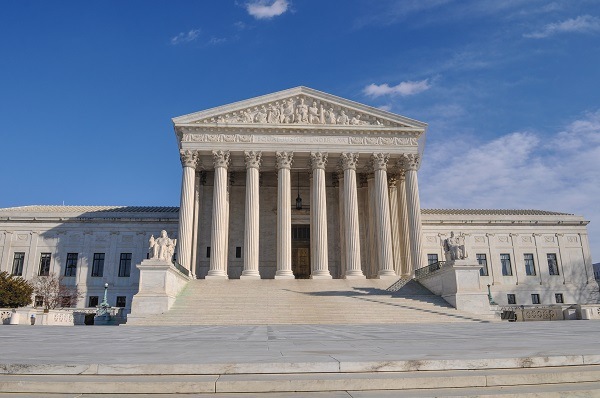It’s the traditional fight between employers and employees and the question remains to be seen who will come out ahead in the latest case. The Supreme Court of the United States recently heard a case regarding whether employment agreements can include a clause that waives an employee’s right to participate in class action lawsuits against the employer. While the outcome is still uncertain, some believe that the court will preserve a business’ right to use waivers for employee contracts while others believe that doing so will limit the value of the National Labor Relations Act.
Hearing three cases relating to this topic, National Labor Relations Board v. Murphy Oil USA, Epic Systems Corp. v. Lewis, and Ernst & Young v. Morris, the court is focusing on the question, specifically, of whether an employment contract that includes an arbitration clause and a waiver of rights preventing employees from participation in class action lawsuits in enforceable. Currently, law is split in lower appellate courts, which is why the Supreme Court has chosen to review the topic.
Murphy Oil is probably the most important case being decided because if it leads to the law being interpreted in a way that invalidates waivers against class action lawsuits, it will disrupt commonly held business practices. On the other hand, a decision favorable for employees could result in significant power to litigate. Just as unions gain their strength in numbers, a favorable ruling for employees could lead to a strong ability to negotiate pay and benefits and the ability to band together to initiate a class action lawsuit could lead to more collective litigation. Even if employees choose to remain in an arbitration setting, being able to form a class and negotiate as a group gives significant power.
The National Labor Relations Board is participating in the lawsuit and is representing the voice of employees and their right to collectively negotiate or litigate against employers. The Trump administration filed a brief urging the court to find in favor of businesses and arguing that waivers in employment contracts should be held enforceable.
Experts are predicting that the waivers will be upheld, in part because of the stance of the current administration and in part due to previous Supreme Court decisions. That said, employers should still be careful about relying too heavily on waivers. If a group of employees decide to litigate or arbitrate a specific issue and an employer manages to defeat their ability to litigate as a group, they may instead find themselves facing tens to hundreds of different, individual actions.
